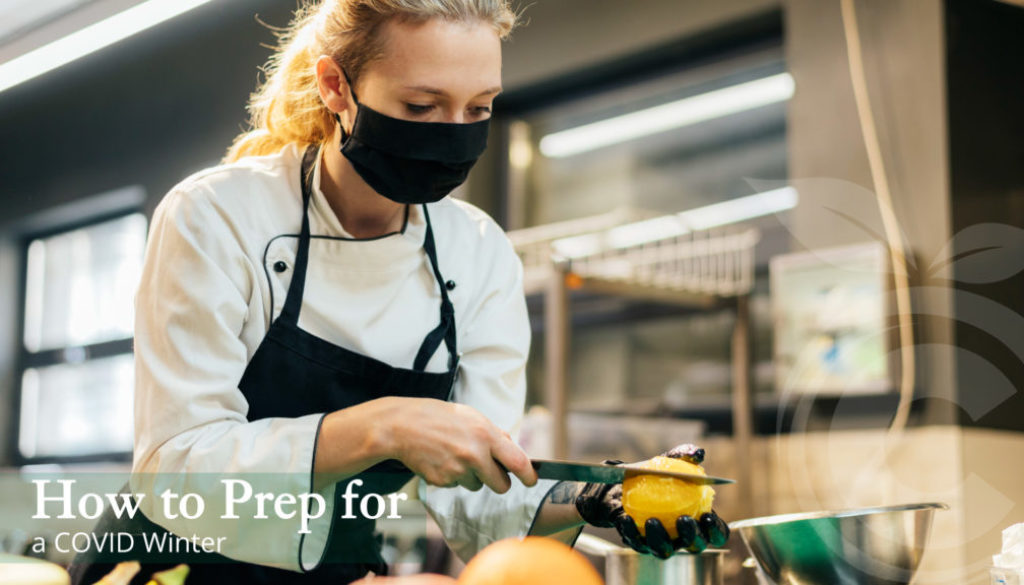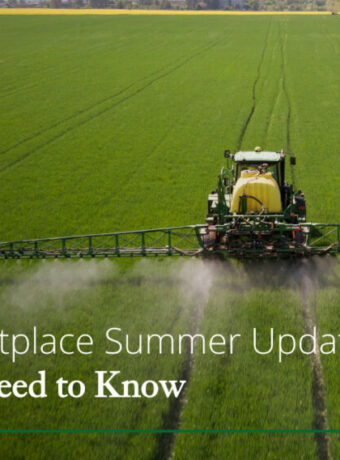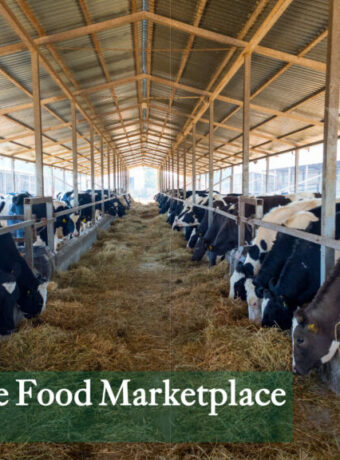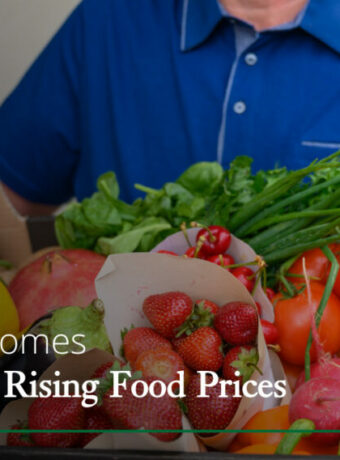How to Prep for a COVID Winter
After 18 months it’s hard to believe that this is still a topic of conversation that is continually first on the agenda. However, after such a devastating period for the care sector it’s really no wonder.
It seems with a tough winter ahead we’re not fully out of the woods yet and preparing now, hopefully using lessons learnt, we can protect residents and staff alike far more effectively.
The defense strategy rolled out by Cedar Revive to defend against the effects of COVID was far wider reaching than just infection control (although this is paramount at all times). We worked with our clients and supported many care homes with their own cost saving to ensure a high level of service could continue to be provided; and further than this we ensured and continue to ensure that overall health and wellbeing is top of the priority list by educating and guiding chefs and catering teams.
Some of the areas our strategy looks at are:
- Infection control & cleaning procedures
- Nutrition amongst residents
- Recovering from Isolation (supporting mental wellbeing)
- Cost Saving & procurement
We are very aware of the cost impact this pandemic has had on the entire sector, and therefore every procedure and protocol we rollout with our clients is to ensure efficiency and/or suitable care. It is very important to note that an unhealthy, vulnerable resident is more expensive to care for as they should have more time and resource dedicated to them; our strategy ensures they are as physically resilient and independent as possible, which is what they would want and deserve anyway.
We must state to begin with that nutrition cannot cure or protect anyone against Covid-19; we are in a position currently where nothing can apart from protection against exposure. However, nutrition can and does build physical resilience and support immune response. This helps give our bodies the best chance to fight disease and hopefully recover far quicker.
Lessons Learned
Throughout the past 18 months we have learned that isolation comes with many problems and, although is sometimes required, should not be the norm. To many residents in care have had premature ailments and downturns in health due to their mental state and the environment around them.
An example of this is Protected Meal Times…
Protected meal times are periods where eating and drinking are the focus. During these times, people are able to eat and drink in a clean, quiet and safe environment. Non-essential interruptions are limited, to allow staff to provide assistance and encouragement.
It may seem like the focus here is providing a nicer environment to dine, however it achieves much more.
In some recently completed a mealtime observations we found that due to the COVID rules, the core principles of the protected mealtime had been affected; the important care service was being affected negatively. We found residents, at times, eating in unsuitable areas with distracting or unsuitable traffic around them, including corridors and isolated in their own rooms…
We need to ensure that these principles remain in place and their importance highlighted. With the restrictions that COVID brings, we need to work the service around to maintain the respect and dignity of the resident’s mealtime whilst keeping them safe.
Supplementation
In a Cohort study that involved 9940 men and women, a team of researchers from Germany Cancer Research Centre assessed the link between Vitamin D deficiency and mortality from respiratory diseases[1]. The patients studied were between 50-75 years and all from Germany.
They found that 44% had insufficient vitamin D levels (25-hydroxyvitamin D blood levels of 30-50 nmol/L), and compared to those with a sufficient status the deficient had increased respiratory mortality. Overall 41% of respiratory disease mortality was statistically attributable to vitamin D insufficiency or deficiency…
So, it is no surprise that a recent retrospective study by the University of Chicago Medicine found an association between vitamin D deficiency and the likelihood of becoming infected with Covid-19.[2]
We therefore ensure the chefs within our client’s care facilities understand how to balance a diet with the correct vitamins and minerals to build a suitable base for health; menu planning here is KEY.
Procurement & Further Cost Saving
As far as cost-saving activities go, this is maybe the more obvious area to look.
Having a robust supply chain management system and careful menu planning is where we start. Some things to consider:
- Assess your order volumes for your top 50 products over the past 3 months and ensure orders are logged early.
- Assess required products and menus that may include ‘short-life’ products, and plan suitable alternatives in advance.
- For products sourced from outside of the UK, ensure you are fully aware of any duty impact based on existing tariffs to allow for prudent financial planning.
If you feel your care home requires further support and advice we would be delighted to discuss this with you. Our experience could be a physical and financial lifeline during the upcoming difficult months.
[1]Brenner, H, Holleczek, B and Schottker, B. (2020) Vitamin D Insufficiency and Deficiency and Mortality from Respiratory diseases in a Cohort of Older Adults: Potential for limiting the Death Toll during and beyond the COVID-19 Pandemic? Nutrients: 12, 2488 https://www.mdpi.com/2072-6643/12/8/2488/htm
[2] Meltzer, D.O, Best, T.J, Zhang, H Vokes, T, Arora, V, Solway, J. Association of Vitamin D Status and Other Clinical Characteristics With COVID-19 Test Results. JAMA Network Open, 2020; 3 (9): e2019722 DOI: 10.1001/jamanetworkopen.2020.19722




